How To Become A Zoo Keeper?
페이지 정보

본문
"The greatness of a country and its ethical development can be judged by the way its animals are dealt with." - Mahatma Gandhi
Do you like animals and dream of operating in a zoo? Zoo keepers are type in protecting wildlife and taking care of animals. At locations like the Zoological Society of London (ZSL), over 20,000 animals get the care they need from experts.
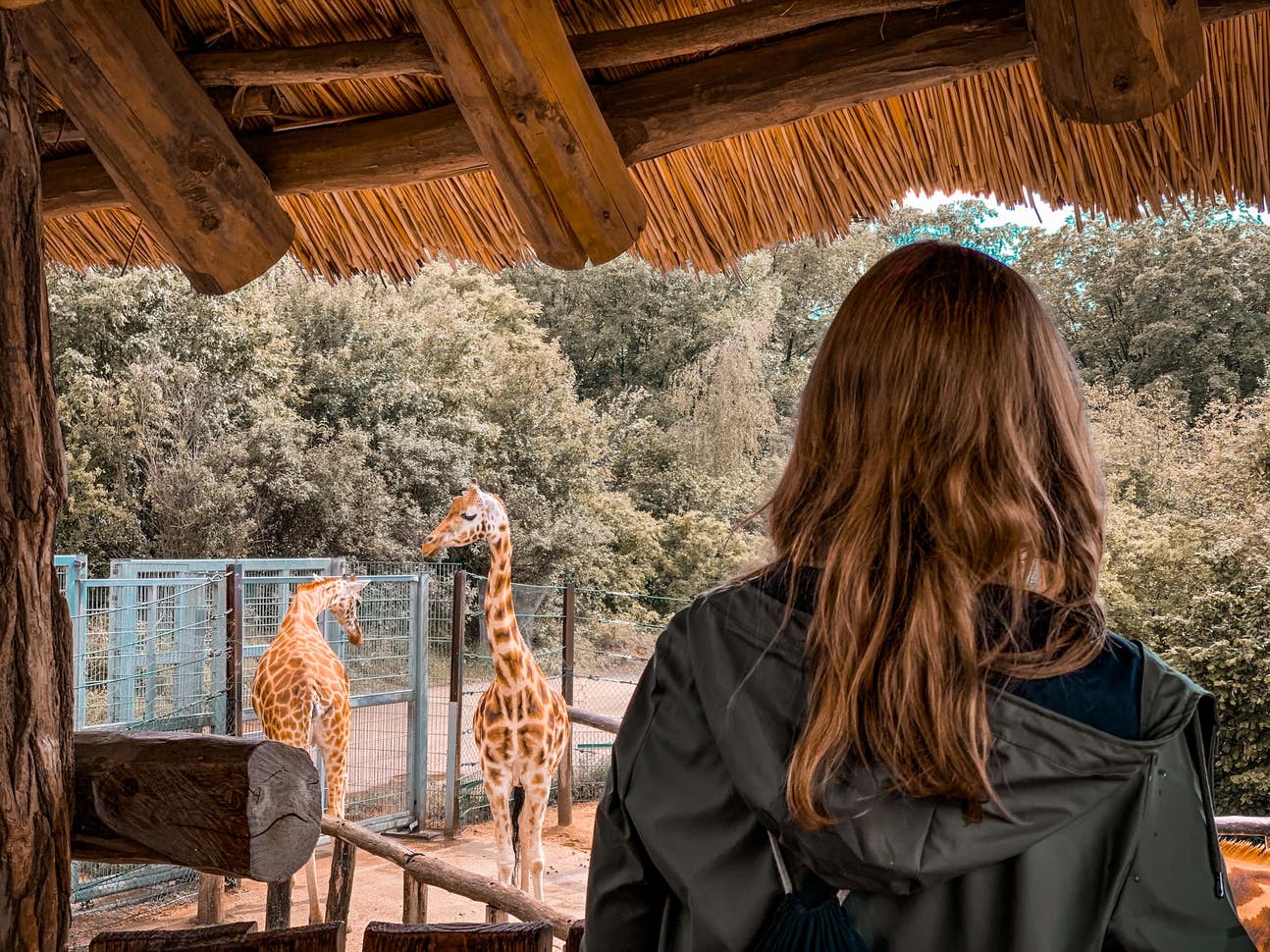
To become a zoo keeper, you need hard work, education, and a love for animals. This job is exciting, letting you deal with numerous species and assist with essential conservation work. If you're into wildlife or animal welfare, zookeeping might be best for you.
Starting your zoo keeper career means discovering what's required. This guide will cover education, experience, and more. It's all you need to understand to begin a satisfying zookeeping career.
Understanding the Role of a Zookeeper
Exploring what a zookeeper does exposes a role filled with obstacles and rewards. They concentrate on animal welfare and conservation. Zookeepers work hard to keep animals healthy and pleased in their care.
Daily Responsibilities and Tasks
A zookeeper's day is filled with crucial jobs:
- Preparing meals that satisfy each animal's dietary needs
- Cleaning up enclosures to keep them tidy and zookeeper safe
- Monitoring animal health and zookeeper behaviour
- Giving medicines and treatments as needed
- Producing activities to keep animals mentally sharp
Working Environment and Conditions
Zookeepers work outside in all type of weather. They manage both indoor and outside spaces. The task requires being physically fit and able to deal with the demands of looking after animals.
"Being a zookeeper is more than a job - it's an enthusiastic dedication to animal care and preservation."
Types of Animals and Specialisations
Zookeepers can specialise in many animal groups:
- Primates
- Big cats
- Marine mammals
- Reptiles
- Birds
Your function might involve working with 2-5 different animal species. This requires a great deal of knowledge and the capability to adjust.
Necessary Skills and Personal Qualities for Zoo Keeping
To be a top zookeeper, you require more than just a love for animals. Your job will be tough and require you to deal with animals and people well. You'll also require to understand animal behaviour.
What zoos look for in individuals consists of:
- Exceptional perseverance and psychological strength
- Strong physical fitness and stamina
- Keen observation skills
- Capability to stay calm under pressure
- High level of compassion towards animals
Getting hands-on experience is crucial to mastering this function. You'll need to reveal:
- Advanced understanding of animal care methods
- Proficiency in animal handling and security protocols
- Reliable interaction with both animals and human visitors
"A terrific zookeeper links science, compassion, and conservation in every interaction with animals."
You need to learn about animal nutrition, behaviour, and standard veterinarian care. Most zookeepers learn through training, offering, and continuous learning.
Zookeeper work is not just a job. It's a huge dedication to teaching about wildlife and helping preservation. Your passion and effort will make you stand apart in this satisfying profession.
How to Become a Zoo Keeper
Beginning a profession as a zookeeper needs careful preparation and education. You should first understand the academic requirements and training paths. These will turn your love for animals into a task.
Educational Requirements
To be a fantastic zookeeper, you require a strong academic base. Many jobs try to find specific credentials:
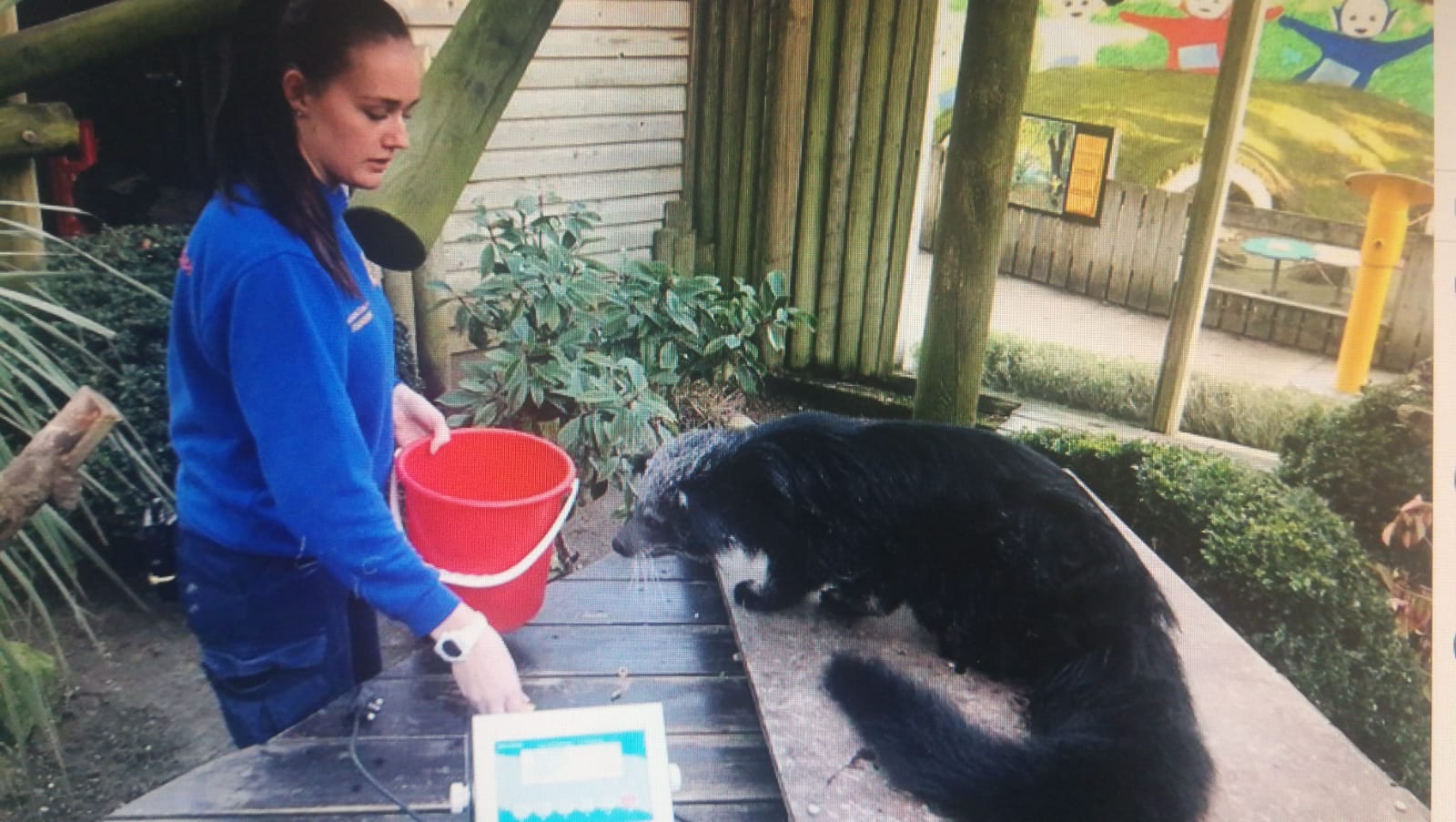
- At least 5 GCSEs at grade 4 or above, including English, mathematics, and science
- A levels or college qualifications
- A college degree in biology or animal science
- Level 3 Diploma in Animal Management
Needed Certifications
Getting unique accreditations can really assist you in your zookeeper profession. Crucial ones consist of:
- Diploma in Management of Zoo and Aquarium Animals (DMZAA)
- Zookeeping Level 3 Diploma (RQF)
- Animal managing certificates
- Emergency treatment qualifications
Training Programs and Apprenticeships
Getting hands-on experience is key in zookeeper training. Many locations provide great possibilities:
- Unpaid apprenticeships at wildlife parks
- Internship programmes at widely known zoos
- Practical training at locations like Colchester Zoo and Dartmoor Zoo
- Offering to get real-world skills
Pro tip: Create a comprehensive portfolio to reveal your animal care abilities. It will assist you in job applications.
Building Relevant Experience in Animal Care
Acquiring hands-on experience is essential for those wishing to be zookeepers. The task is very competitive. So, it's crucial to start constructing a strong base in animal care.
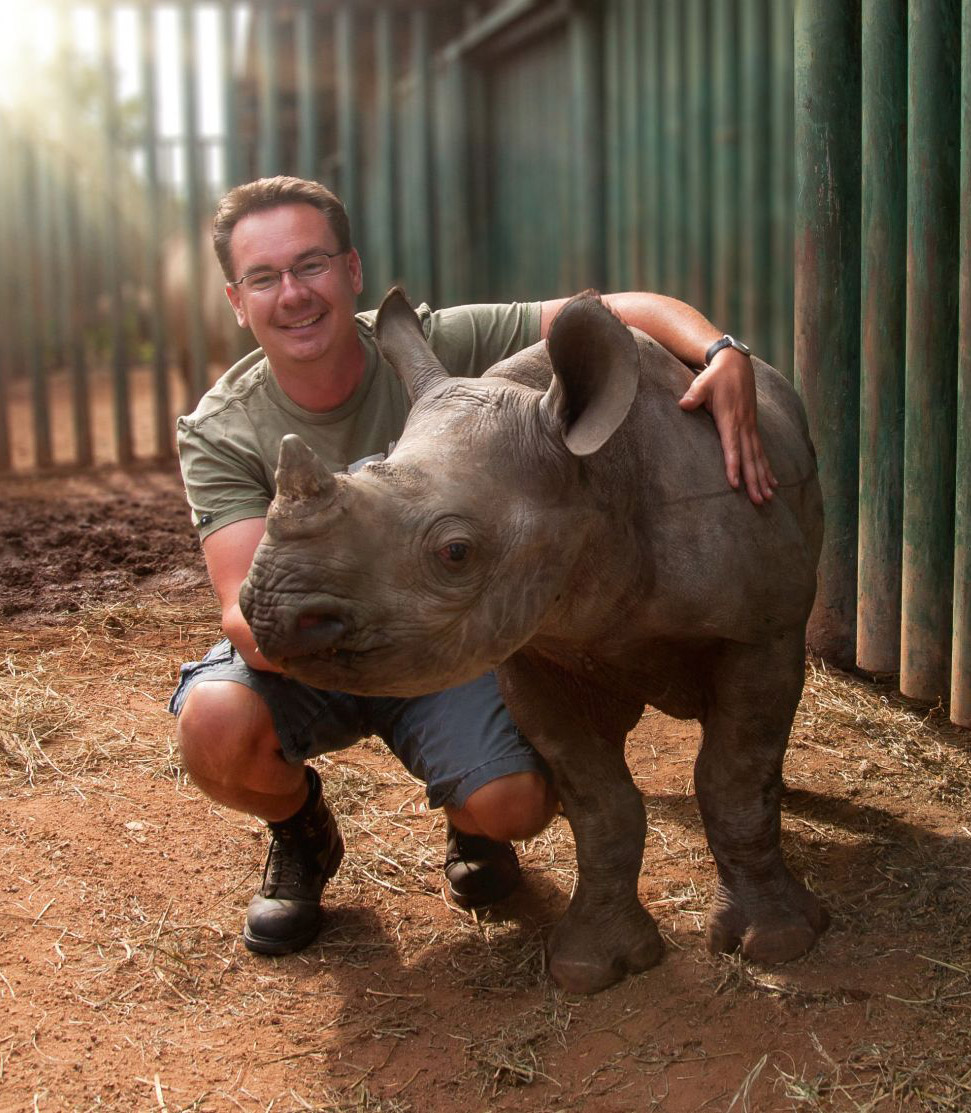
Your journey starts with discovering methods to work directly with animals. This is a strategic step.
"Experience is the best instructor in animal care" - Wildlife Conservation Experts
Here are effective ways to gain experience dealing with animals:
- Volunteer at regional animal shelters to establish basic animal handling abilities
- Seek internships at wildlife rehabilitation centres
- Check out part-time positions at veterinary clinics
- Contact your local zoo for possible volunteer opportunities
Offering is an excellent way to find out about animal behaviour and care. Many zoos and animal shelters are searching for individuals who want to discover. These places offer fantastic opportunities to get hands-on experience and show your devotion to animal welfare.
Here are some tips to maximize your experience:
- Keep a record of your abilities and interactions
- Connect with specialists in animal care
- Ask for references and letters of recommendation
- Stay consistent and show your true passion
Keep in mind, useful experience makes you stand apart in the zookeeping world. Whenever you work with animals, you learn more. This increases your possibilities of getting a job in animal care.
Career Pathways and Professional Development
Starting a profession as a zookeeper is exciting. It offers numerous chances to grow and specialise. Your journey starts with comprehending the various courses in this field.
Entry-Level Positions
Entry-level tasks in zookeeping are a fantastic start. They provide you hands-on experience. Zoos look for candidates with:
- Level 2 Diploma in Animal Care (minimum credentials)
- GCSEs in English and zookeeper a clinical subject
- Volunteer experience at animal shelters or farms
Career Progression Opportunities
As you gain experience, your career can grow. You can move up to:
- Junior Keeper
- Senior Keeper
- Team Leader
- Specialist Roles
"Continuous learning and useful experience are essential to advancing in your zookeeping career."
Specialised Roles
You can also select unique locations like:
- Conservation breeding programmes
- Animal training
- Wildlife research
- Educational outreach
About 25% of zookeepers get advanced degrees in or animal conservation. Getting Level 4 qualifications can boost your chances for senior functions and research study.
Working Hours and Physical Demands
Becoming a zookeeper means you'll work more than simply routine hours. You'll deal with hard physical difficulties and require to be flexible, consisting of weekends and holidays. Zoos are open every day, so you'll frequently work when others relax.
"Zoo keeping is not a normal 9-to-5 job-- it's a lifestyle of dedicated animal care and commitment."
This job is physically demanding. You'll work outside in any weather condition, zookeeper raising heavy items over 50 pounds. Your tasks may include:
- Early morning feeding schedules
- Cleaning up animal enclosures
- Preparing specialised diets
- Conducting health checks
- Keeping complex habitats
Shifts can begin as early as 5 AM and go late into the night. You'll be on your feet most of the time, moving between animal zones. Weekends and holidays belong to the task, requiring lots of endurance and commitment.
Despite the obstacles, this job has fantastic benefits. You'll grow strong, both physically and mentally. You'll likewise make amazing connections with incredible animals.
Health and Safety Considerations
Being a zookeeper includes its own set of difficulties. It's crucial to know how to keep both animals and personnel safe. This means following stringent health and safety guidelines.
Zookeepers deal with a special environment where safety is crucial. Studies reveal that health and safety are now as essential as the zoo's primary work.
Threat Management Strategies
There are a number of ways to handle risks in zoos:
- Daily checks of animal enclosures for dangers
- Counting animals at the start and end of shifts
- Watching how visitors act near animals
- Being ready for emergency situations
Animal Handling Safety Protocols
Knowing which animals are most unsafe is important. Big animals like rhinos can be really dangerous. There have actually been cases where zookeepers got seriously harmed.
Security isn't almost wearing equipment - it's about knowing animal behaviour and staying alert.
Personal Protective Equipment
Zookeepers need to wear the right gear, consisting of:
- Special gloves for managing animals
- Strong shoes for grip and safety
- Clothes that safeguards against bacteria
Getting vaccinated against diseases like hepatitis B and rabies is also key. It helps keep zookeepers healthy in their tough job.
Income Expectations and Job Market
Thinking of a career in zoo keeping? It's crucial to learn about incomes and the task market. The field is growing, with more chances in the UK.
Let's take a look at what zoo keepers can make at various stages:
- Entry-level zookeepers begin at about ₤ 14,000 a year
- Qualified ones make between ₤ 16,000 and ₤ 22,000
- Senior zookeepers can make approximately ₤ 30,000 or more
The job outlook for zoo keepers is good. The sector is expected to grow by 5% in the UK by 2029. This means around 3,910 new tasks will be offered.
"The Association of Zoos and Aquariums supports professional growth for zoo keepers," a report states.
Incomes differ based on numerous things:
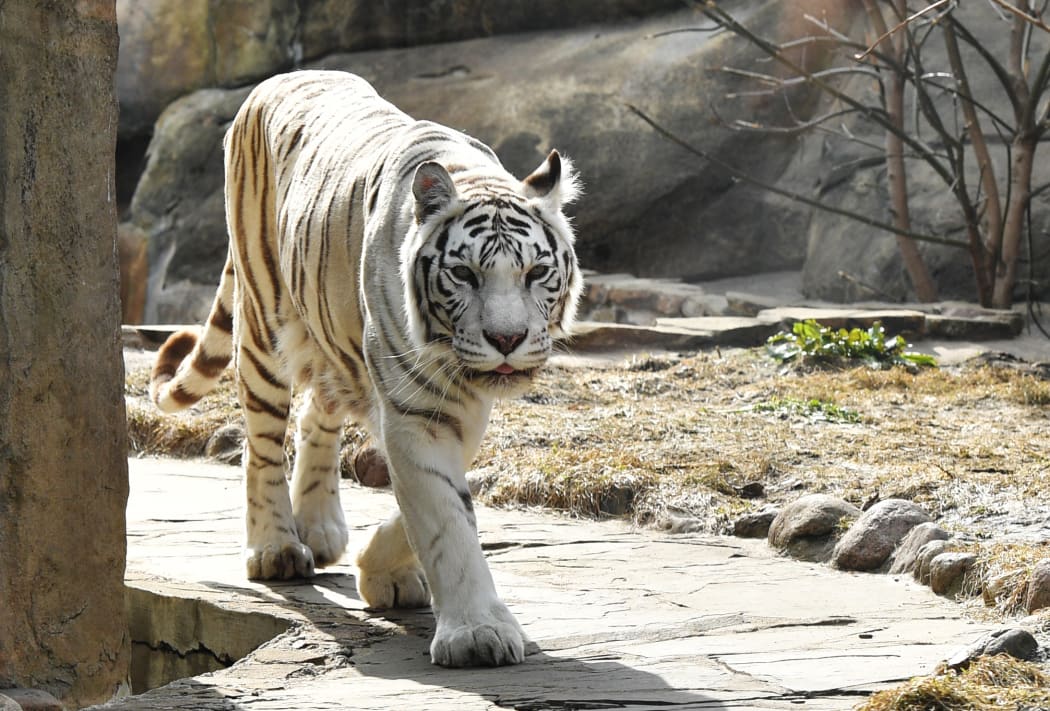
- Experience level
- Specialisation
- Where you work
- The zoo's size and type
While the pay may not be high, the pleasure of dealing with animals is invaluable. The average income is around ₤ 17,000. However, total profits can be between ₤ 13,000 and ₤ 27,000 a year.
Conclusion
Starting a career in animal care is an exciting journey. It needs commitment, passion, and zookeeper a love for knowing. With over 350 zoos and wildlife places in the UK, there are numerous task chances. You'll get to work with fantastic animals and assist protect wildlife.
To be a zoo keeper, you need more than simply love for animals. You must have a mutual understanding of biology, be able to interact well, and always wish to find out more. You'll gain hands-on experience, discover animal welfare, and develop a deep respect for nature. About 3,000 people in the UK have actually discovered satisfying professions in this field.
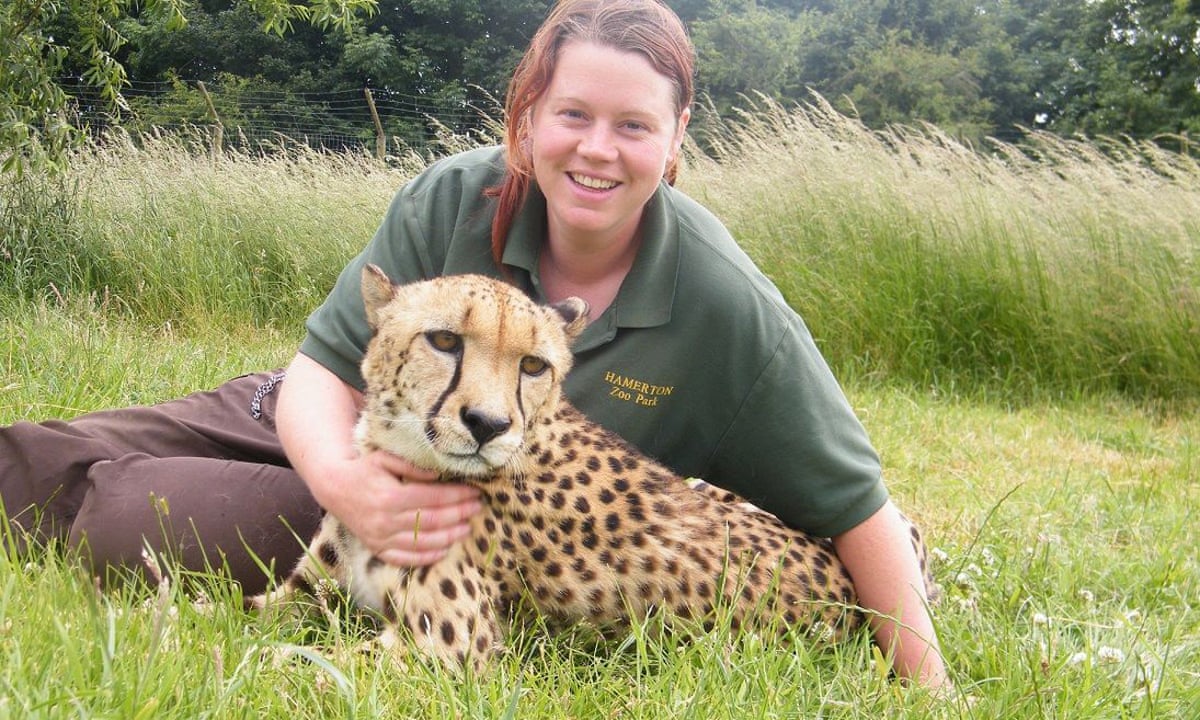
Your success in zoo keeping originates from mixing science with a love for animals. Whether you're interested in mammals, birds, or marine life, this task lets you aid with conservation. Every day will bring new difficulties and discovering chances that will improve your skills and knowledge.
If you like animals and wish to help secure wildlife, zoo keeping might be for you. Take on the difficulty, stay curious, and turn your enthusiasm for animals into a rewarding profession.

- 이전글Pin-Up Kazino – Həyəcan dolu oyunlar burada! Jackpotlardan turnirlərə qədər geniş seçim, sərfəli promosiyalar və təhlükəsiz tranzaksiyalar sizi gözləyir! 25.03.01
- 다음글The Secret For Drain Repairs Revealed in 3 Simple Steps 25.03.01
댓글목록
등록된 댓글이 없습니다.